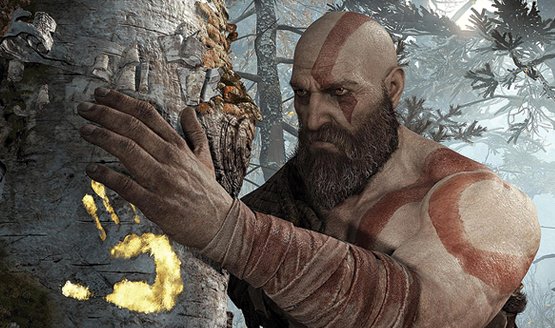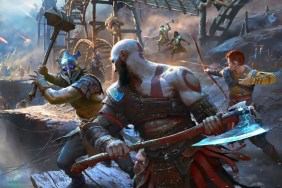For Kratos, Ancient Greece is but a distant memory.
In the eight years since God of War III – remember, Ascension was angled as a prequel to the entire series – our brooding anti-hero has traveled up-river to the Nordic wilderness, grown a beard, and opened his big, burly arms to Atreus, his estranged son with whom he must journey to Midgard, a realm seething with myth and monsters.
That’s a pretty remarkable change from the hallowed halls and hellish underworlds of Greek mythology. But Sony Santa Monica’s decision to uproot its crown jewel to the ice-covered hills of what is now considered to be modern-day Scandinavia is also reflected in the character of Kratos.
The Godslayer
No longer is the bellowing demigod at war with Olympus and its pantheon of gods; instead, the Kratos of 2018’s God of War is a stoic, sullen protector who must kindle a relationship with his untrained son, Atreus, following the death of Faye, mother to Atreus and the Nordic wife of our Spartan anti-hero.
And so begins a daring quest to the highest peak of the Nordic Realm, where the unlikely duo hope to bury his mother’s ashes and fulfill her dying wish, so that she may achieve some semblance of peace. That is, in a nutshell, the plot that drives God of War, Sony Santa Monica’s bold and beautiful reimagining that strips the legend of Kratos down to its three foundations: narrative, exploration, and combat. Because if they aren’t broke…
Indeed, since his debut in 2005, he’s toppled deities and stared death in the face – quite literally, we might add – but this time around, Kratos will be confronting his most formidable task yet: parenthood.
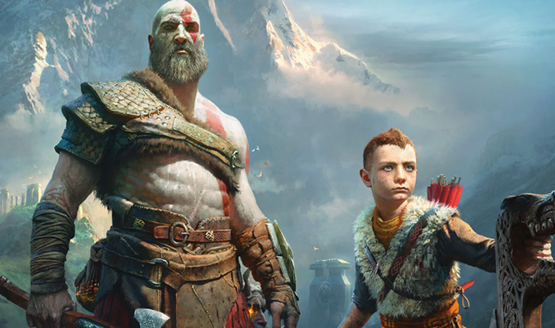
Of course, the enraged demigod has previous experience with family, culminating in the moment when he was tricked into slaughtering his former wife and daughter at the behest of Ares. It’s a tragic start to what is now considered to be God of War’s first era, while the second, soon-to-be-released era takes place in a Scandinavian environment that is as harsh as it is isolated.
It’s here where Creative Director Cory Barlog and the SSM team hope to tell a more intimate, mature story (and based on those stellar reviews, they’ve done just that), one in which Kratos confronts an entirely new pantheon of gods and fantastical monsters.
I wanted to tell a far more intimate story. I want to take a character that everyone thinks that they know and show that there’s actually hidden depth and dimension.
A Bold Second Era
To do so, Barlog and Co. needed a lynchpin – something, or rather someone, that could anchor Kratos’ trek through the Nordic wilderness. That character ultimately took the form of Atreus, whose boundless enthusiasm and childish curiosity are at odds with the God of War’s sullen disposition and glowering stare.
But like all great buddy cop/odd couple stories, Atreus can do things that Kratos can’t (and vice versa). Gameplay-wise, he can reach the unreachable and squeeze into caves and crevices too small for a world-weary demigod. That being said, Atreus’ purpose – his true raison d’être – is to help extract a little humanity from Kratos’ cold, dead heart. And perhaps more than anything else, it’s that profound character development that signifies the God of War’s evolution from one generation to the next – from a volatile, one-note god-killer to a much more nuanced and, crucially, relatable character.
You might say that Atreus is the key that unlocks Kratos’ warm and fuzzy side – or, at least, an emotional spectrum that was completely unheard of back in 2005.
Said Creative Director Cory Barlog:
Atreus is the mirror that shines on Kratos that makes him realize that he needs to change…. Atreus will pull the humanity out. Kratos will be shown his own humanity, and he’ll figure out how to embrace it.

Is he the greatest dad in the Nine Realms? Not exactly. Similar to Joel and Ellie’s relationship in The Last of Us, Kratos and Atreus have some bonding to do before they’re singing from the same hymn sheet – or in God of War‘s case, toppling the biggest monsters in the land. But the fact that Sony Santa Monica has ditched the fixed cinematic screen in favor of an over-the-shoulder camera only pulls the audience in closer for what may well be one of the most intimate and deeply personal experiences to grace PlayStation 4 thus far.
The decision to call this reimagining God of War, and not God of War 4, is also telling. After slaughtering the entire pantheon of Greek gods, culminating with Zeus himself, Kratos is entering the second chapter – the second era – in his epic adventure. And we know future installments will remain in the Nordic wilderness for quite some time.
God of the Year?
That wasn’t always the case, mind you, as prior to God of War’s shift from Greek to Norse mythology, Cory Barlog admits that Ancient Egypt was floated early on in pre-production, but advancements in civilization meant Egypt was too crowded a place for Kratos’ next chapter. And it’s shaping up to be a doozy.
From rampaging anti-hero to Dad of the Year, if you will. Or, failing that, Game of the Year, though we’ll have to wait and see how 2018 pans out before we start tossing around cries for GOTY nominations.
Because at its fantastical core, God of War is a phenomenally well-executed reimagining of one of PlayStation’s greatest franchises. And the relocation to Norse mythology only opens up a brave new world to explore. Here’s to the second era of Kratos’ story.
Essential Reading:
- Social Media in Games Enhances the Experience
- What Kratos Needs to Become Nathan Drake
- God of War Review – Shattered Chains of the Past (PS4)
Now Loading God of War Spider-Man
-
Anthony Nash
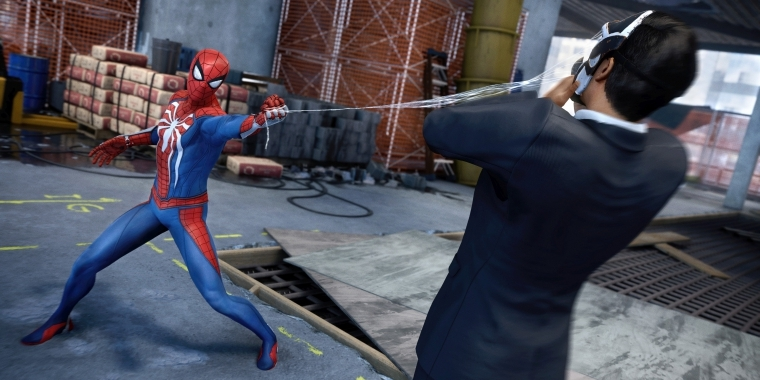
If it’s Spider-Man vs. God of War…I think I still might pick Spider-Man? At the time of writing this, it seems like God of War is getting immense praise from everyone, but I still think the superhero factor and nostalgia of the past Spider-Man games will help it sell more and, at the very least, make it just as equally praised by media and fans alike.
-
Cameron Teague
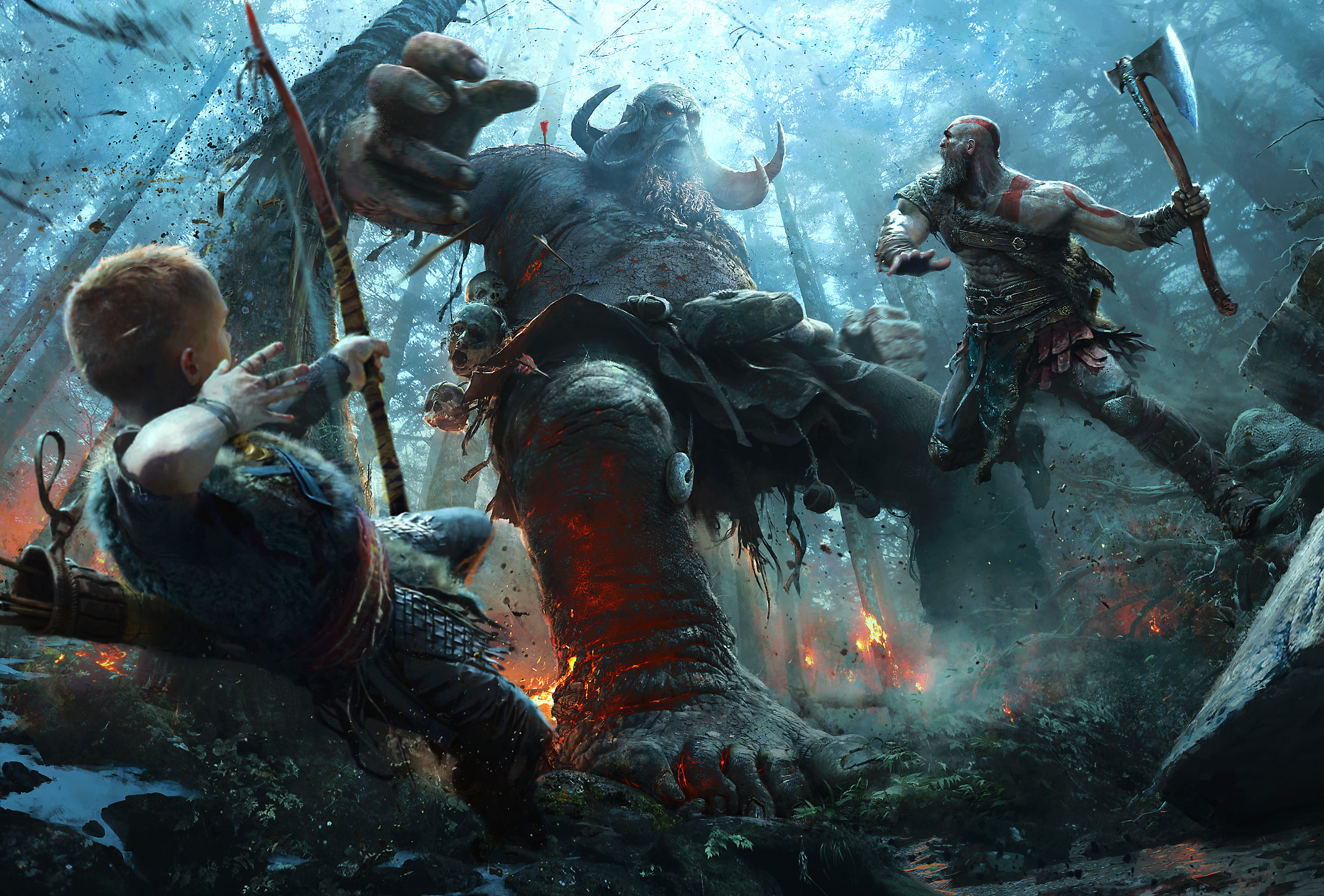
I keep going back and forth on this. My heart says Spider-Man, because it appeals to me more, but there is this lingering feeling that God of War is just going to go crazy. I think the changes it has made are good ones and we will see a much more well-rounded game because of it.
That said, what a great time to own a PS4.
-
Chandler Wood
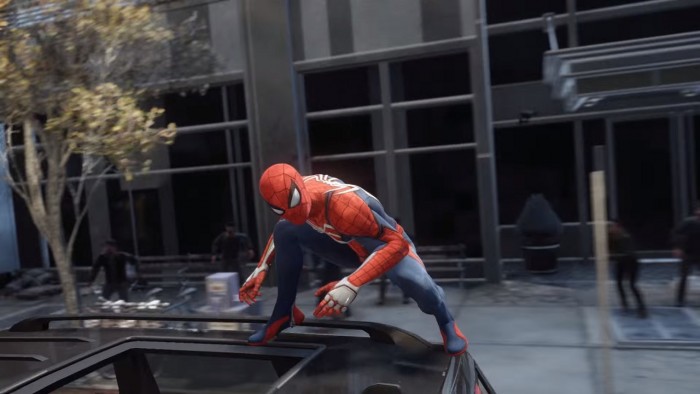
While I think God of War will really speak to PlayStation gamers, Spider-Man will have a wider appeal and capture more casual audiences that happen to own a PS4. God of War's Mature rating and history solely for the gaming community will keep it out of a number of households that Spider-Man will websling right into. With the next Spider-Man movie set for July 2019, I can see at least a teaser trailer dropping near the end of the year, which will help boost hype for Spider-Man sales. Peter Parker will have Kratos strung up in a web before the year's out.
-
John Abrena
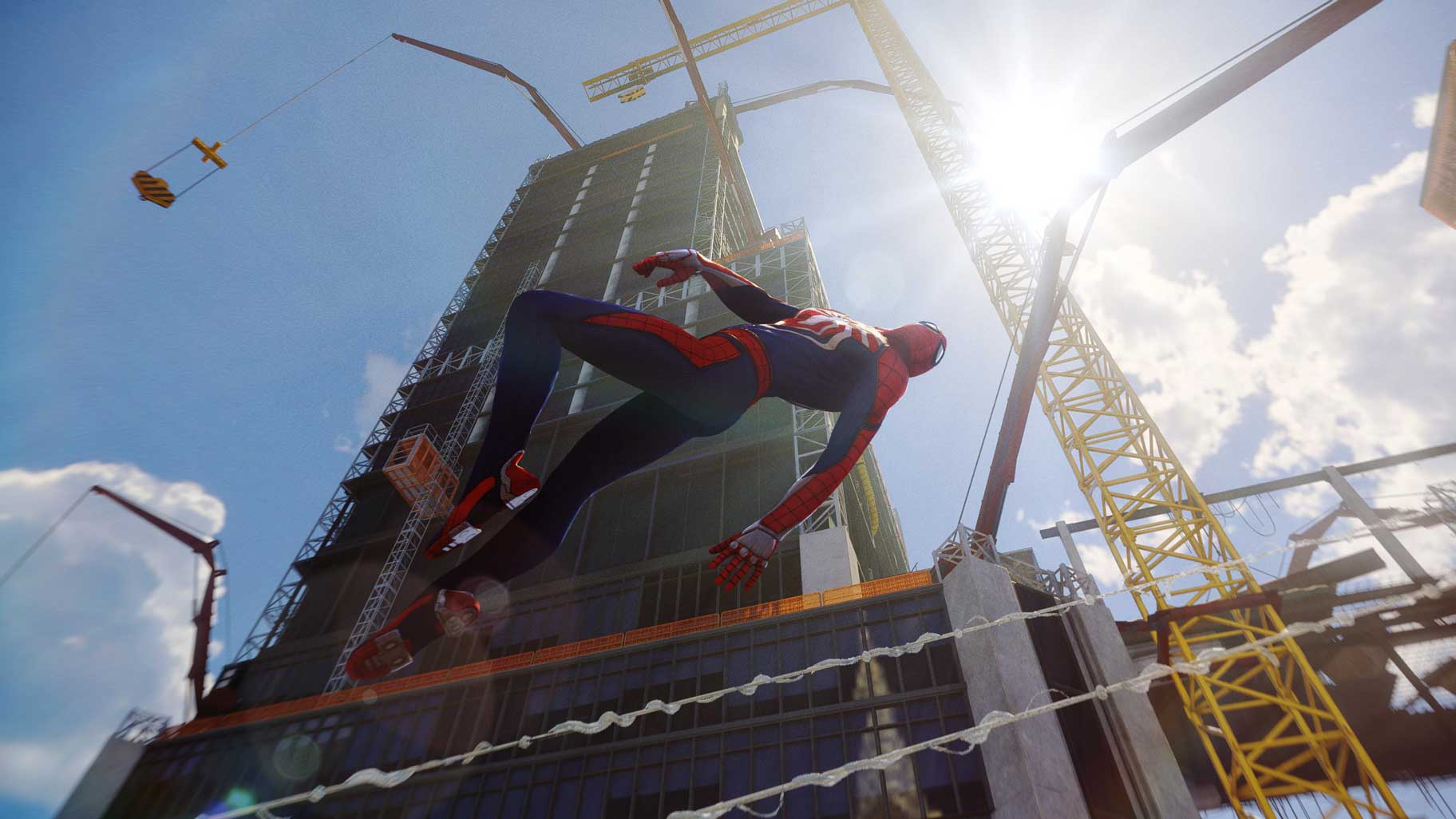
Wow, Chandler just said everything. Now what will I put more input to...
But yeah, I think this will be Spidey's win. A Marvel movie and a Marvel game in one year just creates a lot of hype, in both hardcore and casuals alike. -
Keri Honea
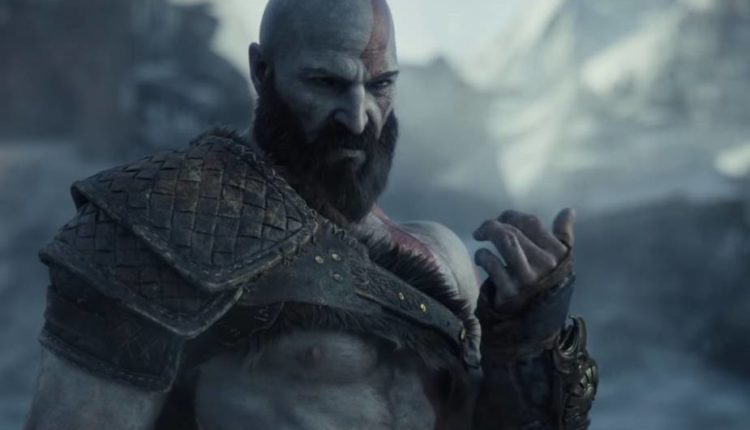
It's definitely a toss-up between God of War and Spider-Man. God of War because nostalgia, and Spider-Man because Insomniac does things so very well.
-
Michael Briers
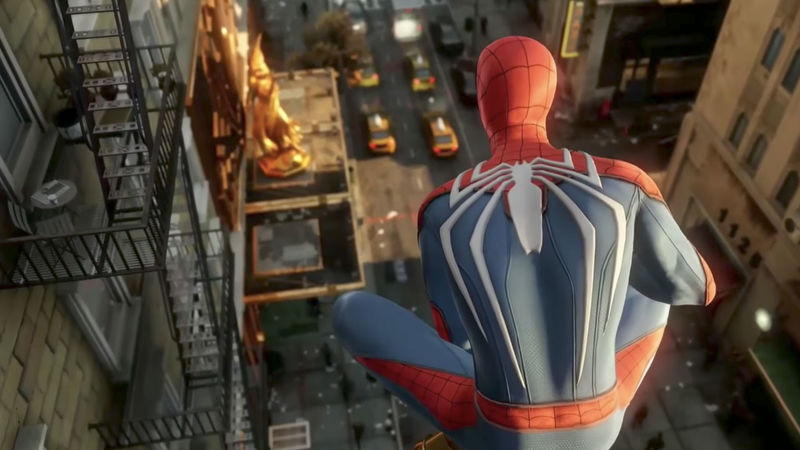
Spider-Man I reckon. That Infinity War hype is real and I can see a lot of people wanting to jump into a Spidey title after the movie's release in April.
-
Paulmichael Contreras
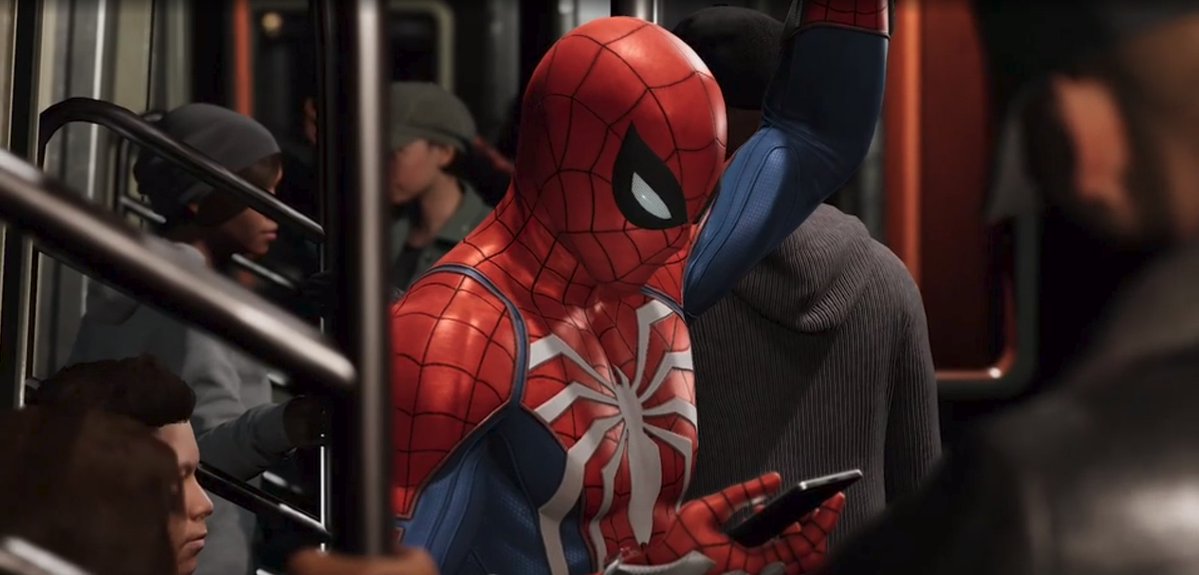
I'm kind of biased at this point, but having recently played through God of War's campaign, I think it might get the nod critically. However, Spider-Man will likely sell more, simply because it's a more accessible franchise.
-
Zarmena Khan
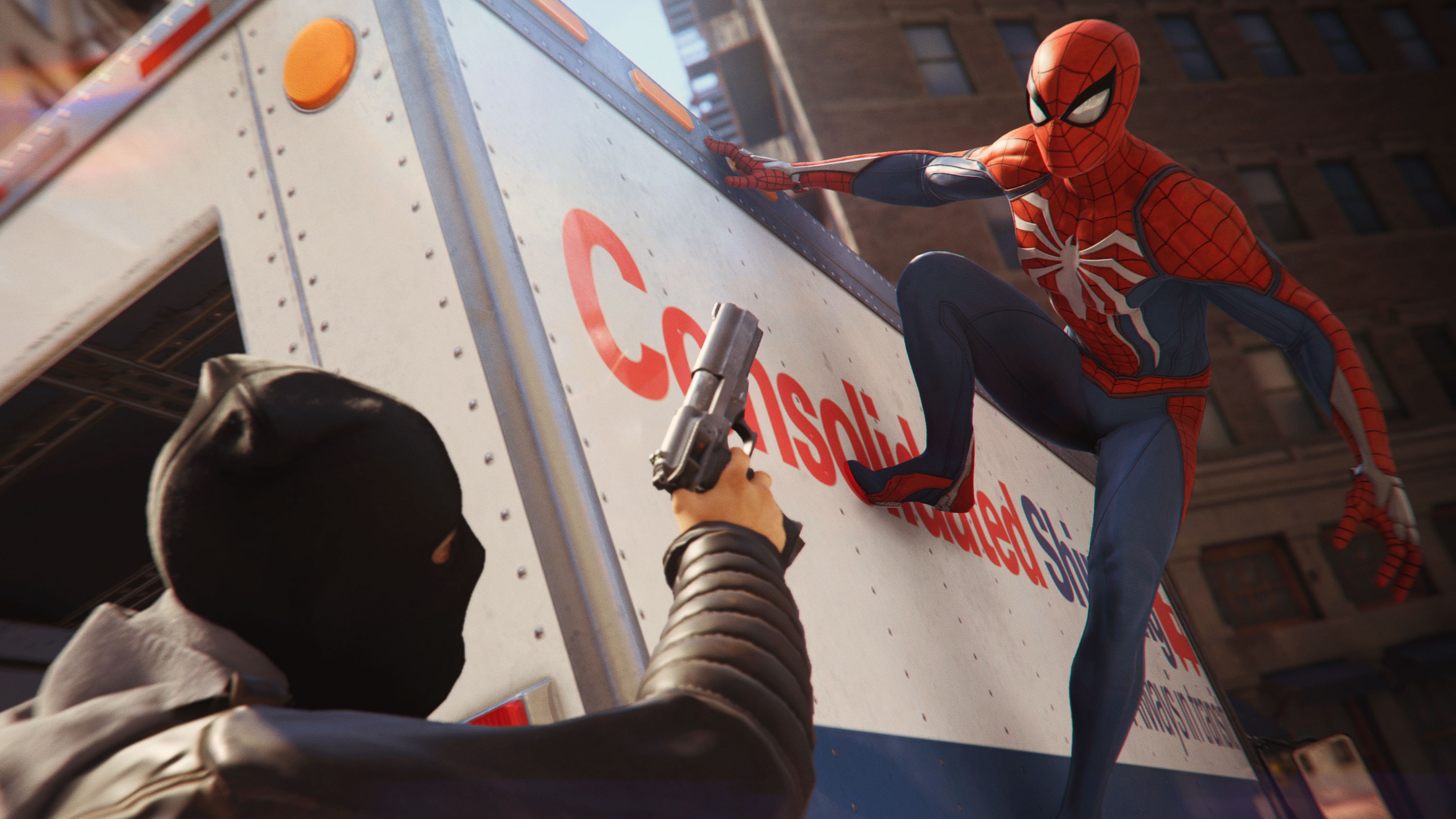
God of War is one of most recognized PlayStation franchises out there but I do think Spider-Man will have a wider appeal. We'll see who comes out on top in terms of critical and user reception, though.
